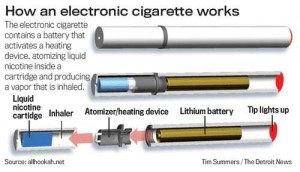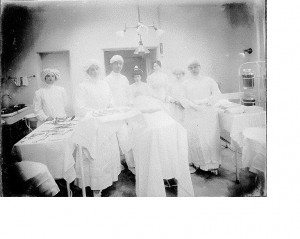Your child is throwing a temper tantrum. It’s every parent’s nightmare, especially if it happens in a public place like a store or restaurant. What is the best way to deal with the situation?
Tantrums are most common when your child is a toddler, around ages two to three. During this time your child is becoming independent and developing ideas on what they want and need. Most toddlers aren’t able to express these feelings with words and they haven’t yet learned to share. They test rules over and over by saying “No!” and “Mine!” to see how parents will react.
It is often easier to prevent tantrums than to deal with them after they get going. Try these tips:
- Stick to a daily routine that balances fun activities with enough rest and healthful food.
- Anticipate when your child will be disappointed, and give your child a choice in small matters. (“We won’t be buying cookies, but you can help me pick out some fruit for later.”)
- Praise your child when he or she shows self-control and expresses feelings with words.
If you can’t prevent a tantrum, here are some tips for dealing with one:
- Direct your child’s attention to something else. (“Wow, look at that fire engine!”)
- Say what you expect from your child and have confidence that your child will behave.
- Remain calm. Resist overreacting to tantrums, and try to keep your sense of humor. You are a role model for your child.
- Holding your child during a tantrum may help a younger child feel more secure and calm them down more quickly.
- Take your child to a quiet place where he or she can calm down safely. Speak softly or play soft music.
- Some children throw tantrums to seek attention. Try ignoring the tantrum, but pay attention to your child after he or she calms down.
Despite your best efforts, you still might have to deal with a few tantrums. The most important thing you can do is remain calm and wait it out. Do not let your child’s behavior cause you to lose control.
April is National Child Abuse Prevention month. #NCAPM
All content of this newsletter is intended for general information purposes only and is not intended or implied to be a substitute for professional medical advice, diagnosis or treatment. Please consult a medical professional before adopting any of the suggestions on this page. You must never disregard professional medical advice or delay seeking medical treatment based upon any content of this newsletter. PROMPTLY CONSULT YOUR PHYSICIAN OR CALL 911 IF YOU BELIEVE YOU HAVE A MEDICAL EMERGENCY.











